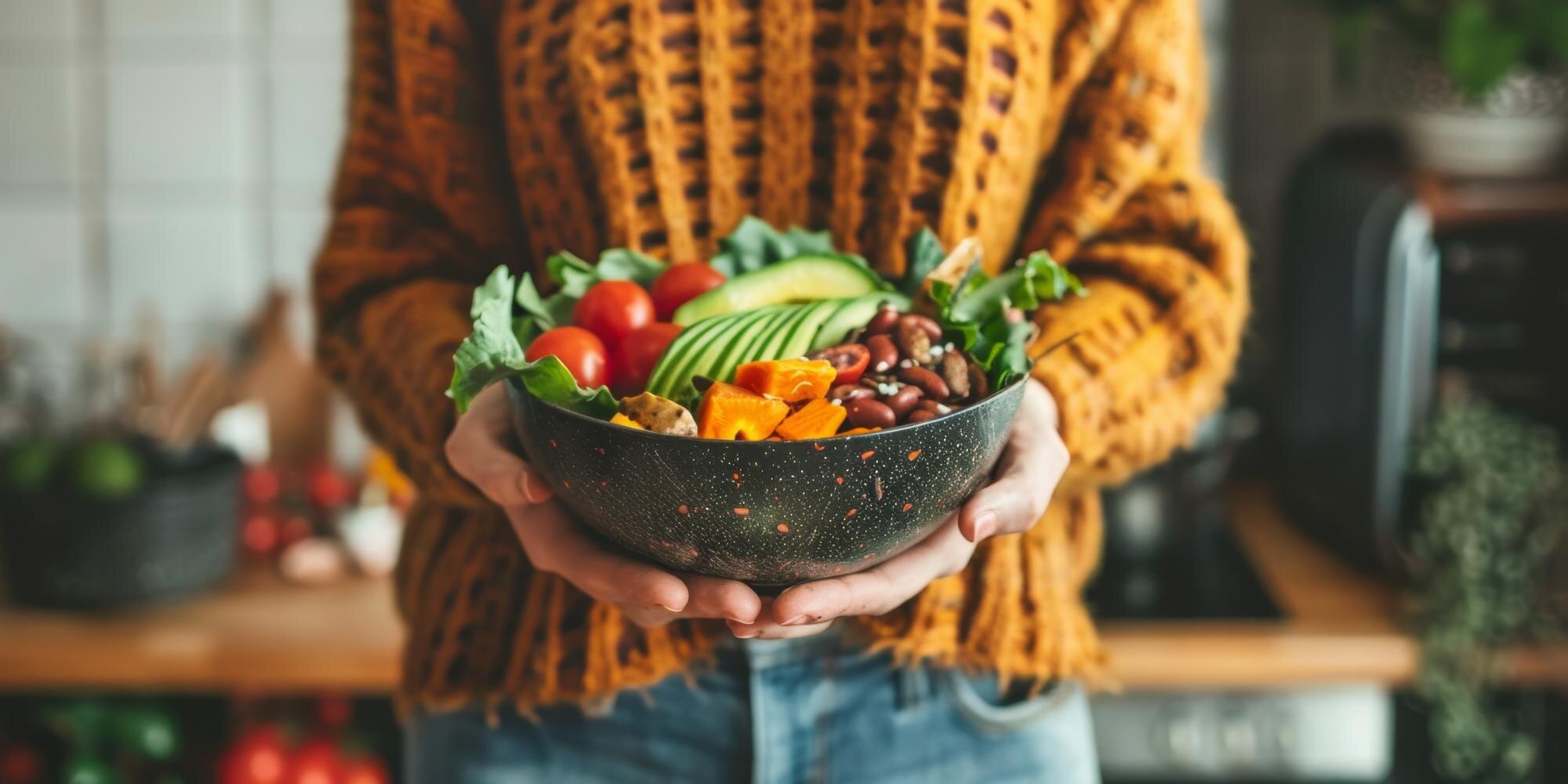
Uncovering the Hidden Emotional Triggers Behind Binge Eating and How to Heal Them
Imagine breaking free from the cycle of emotional eating, where food becomes a friend instead of a foe. If you’ve ever found yourself eating to soothe an emotional ache, you’re not alone. Beneath every binge lies a hidden trigger, waiting for understanding and healing. Through self-love coaching and emotional clarity, you can uncover these triggers and start a journey towards healing. Ready to embrace a non-clinical path to freedom? Let’s explore how you can transform your relationship with food and yourself. For more insights, check out this resource.
Understanding Emotional Eating

Let’s explore the complex world of emotional eating and how it affects our daily lives. Emotional eating is when food is used to cope with feelings instead of hunger. This habit often leads to a cycle of overeating, guilt, and further emotional distress. Understanding the cycle and triggers of emotional eating is the first step towards healing.
The Cycle of Emotional Eating
Emotional eating often starts with a feeling or situation that triggers the urge to eat. This could be stress, boredom, or sadness. When emotions run high, food becomes a source of comfort. Yet, this temporary relief quickly turns into guilt or shame. For many, this cycle repeats, creating a pattern that can be hard to break.
Trigger: An emotional response or stressful situation initiates the urge to eat.
Action: Food is consumed not for hunger, but to soothe emotions.
Result: Temporary relief is followed by guilt or shame, leading to more emotional distress.
Breaking this cycle requires awareness and intentional action. By recognizing triggers, individuals can start to create healthier coping mechanisms. Read more about emotional eating and how to break free.
Identifying Binge Eating Triggers
Understanding what triggers binge eating is crucial for managing it. Triggers can be emotional, environmental, or psychological. Emotional triggers often stem from negative feelings like loneliness or frustration. Environmental triggers might include having easy access to food or attending social events where overeating is common. Meanwhile, psychological triggers could involve past trauma or self-esteem issues.
Emotional Triggers: Loneliness, stress, sadness.
Environmental Triggers: Social gatherings, availability of food.
Psychological Triggers: Trauma, low self-esteem.
By identifying these triggers, individuals can develop strategies to address them effectively. This awareness can lead to healthier choices and a more balanced relationship with food. For further information on managing binge eating triggers, visit Mayo Clinic’s insights. 🍽️
Path to Healing Emotional Triggers

Healing from emotional eating requires more than just willpower. It involves understanding and addressing the underlying emotional triggers. Self-love coaching and emotional clarity are two approaches that can guide this healing process.
Self-Love Coaching Techniques
Self-love coaching focuses on nurturing a positive relationship with oneself. This approach encourages individuals to prioritize self-care and compassion. By developing self-love, people find strength to confront emotional eating patterns.
Affirmations: Use positive statements to reinforce self-worth.
Mindfulness: Practice being present, acknowledging emotions without judgment.
Journaling: Reflect on emotions and eating patterns to gain insights.
These techniques empower individuals to replace negative self-talk with kindness. This shift can reduce the emotional reliance on food for comfort, leading to healthier coping strategies. 🌟
Practicing Emotional Clarity
Emotional clarity involves understanding and processing emotions effectively. This practice encourages individuals to recognize their feelings without turning to food for comfort. It requires honest self-reflection and the willingness to face emotions head-on.
Acknowledge Feelings: Identify and name emotions as they arise.
Explore Emotions: Examine the root cause of these feelings.
Respond Appropriately: Choose healthy ways to manage emotions without using food.
By gaining emotional clarity, individuals can break the cycle of emotional eating. This practice fosters resilience and self-awareness, promoting long-term healing. For additional guidance on emotional triggers, visit this article. 🌈
Building a Positive Relationship with Food

Developing a healthy relationship with food is key to overcoming emotional eating. This involves embracing non-clinical healing approaches and fostering self-worth and acceptance.
Non-Clinical Healing Approaches
Non-clinical healing methods offer supportive and holistic strategies to address emotional eating. These approaches focus on lifestyle changes and personal growth rather than medical interventions.
Mindful Eating: Focus on the eating experience, savoring each bite.
Nutritional Education: Learn about food’s impact on the body and emotions.
Support Networks: Engage with communities for shared experiences and encouragement.
These strategies encourage a balanced approach to food and emotions, shifting focus from restriction to nourishment. This empowers individuals to reclaim their relationship with food in a sustainable way. For more information on emotional eating recovery, explore this site. 🌱
Embracing Self-Worth and Acceptance 😊
Embracing self-worth is essential for healing from emotional eating. This involves cultivating a mindset that values oneself beyond body image or eating habits. Acceptance means acknowledging where you are on your journey and committing to growth.
Self-Compassion: Treat yourself with the same kindness you would a friend.
Acceptance: Recognize that progress is a process, not perfection.
Celebrate Wins: Acknowledge small achievements in your journey.
By fostering self-worth and acceptance, individuals can break free from the chains of emotional eating. This positive relationship with oneself encourages lasting change and emotional freedom. To begin your path to healing, consider exploring VK Circle’s programs today. 💪
Keep striving for emotional balance and self-love. Remember, you are not alone in this journey, and there is always hope for a healthier relationship with food and yourself. ❤️



